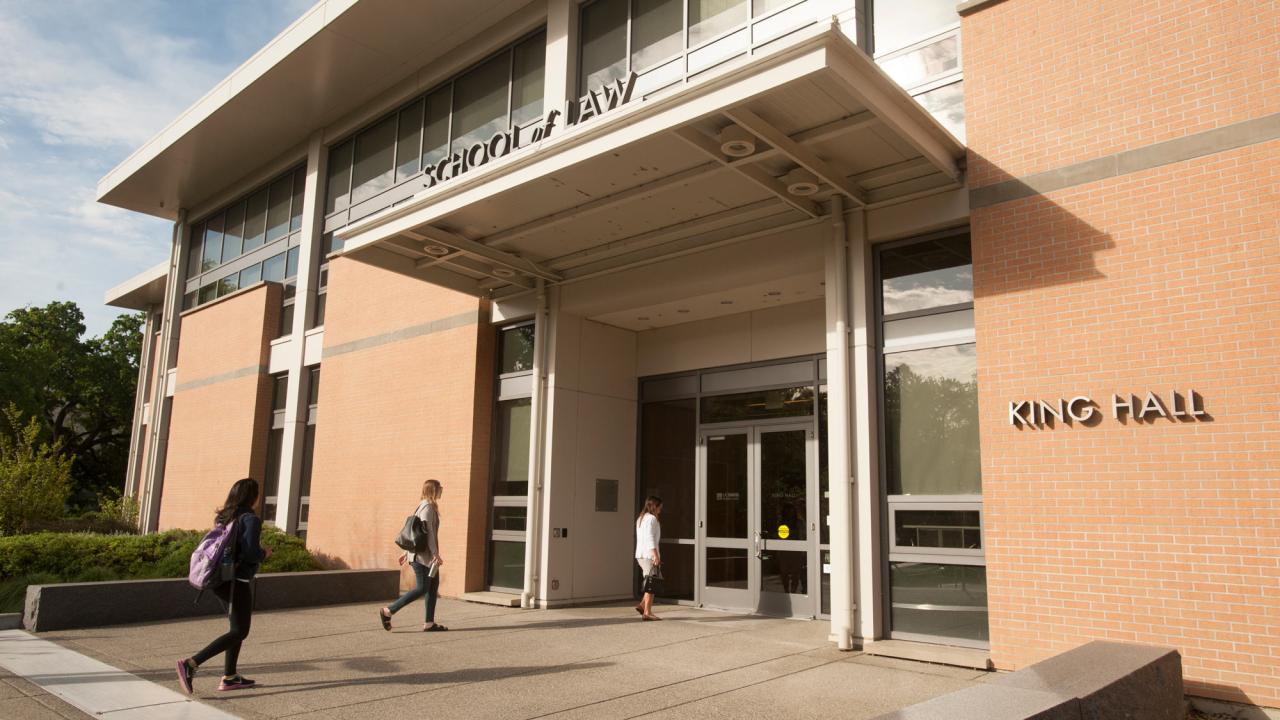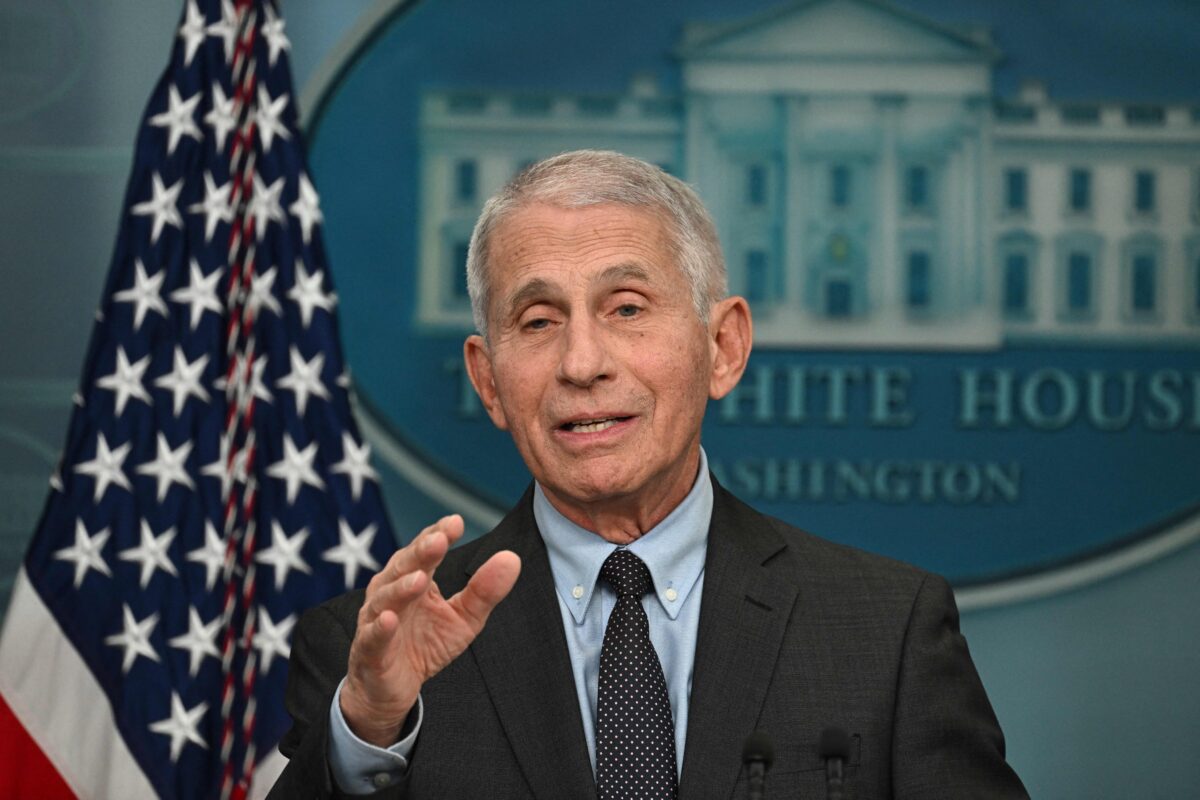
UC Davis Legislation Withdraws From U.S. Information & Planet Report Rankings
UC Davis’ Kevin R. Johnson, dean and Mabie-Apallas Professor of Community Interest Law, Faculty of Regulation, and professor, Department of Chicana and Chicano Research, issued the adhering to letter today (Nov. 28).
Dear UC Davis College of Law Neighborhood,
Starting nowadays (Nov. 28), UC Davis Faculty of Regulation will no for a longer period offer details to U.S. Information & Entire world Report for use in compiling its legislation school rankings. This conclusion has been manufactured immediately after getting steerage from the legislation faculty, campus management, students, alumni and other individuals.
Significant flaws with the U.S. Information rankings are effectively-documented. Even though law faculties have in great religion worked with the journal on advancements, U.S. News has failed to meaningfully improve the rankings methodology. The study techniques, accuracy and fairness of the rankings keep on being problematic, which produces a misleading ranking of legislation schools. Even little improvements in one variable can lead to a extraordinary shake-up of the rankings. The regular “corrections” of the rankings by U.S. News clearly show their volatility and undermine their legitimacy.
The failures in the rankings methodology are far too lots of to mention right here but include: (1) the failure to handle general public support fellowships that spawn general public service occupations as whole work (2) the failure to fully account for the resources obtainable at general public legislation colleges and (3) the overemphasis on standardized exam scores in analyzing university student selectivity. Additionally, the U.S. News scoring process discourages educational facilities from devoting assets to assistance pupils go after public fascination careers or aiding learners of limited usually means acquire a legal education and learning.
There is a more fundamental flaw in the U.S. Information law school rankings. As I wrote several years in the past (listed here, in this article, listed here), the U.S. News rankings discourage law universities from enrolling far more varied scholar bodies and do not in any way price additional varied law faculties. The significant bodyweight supplied to Legislation University Admission Check scores of college students in the rankings serves to chill personal assessment of apps, affords undue body weight to test scores in the rankings, and effectively discourages the admission of African American, Latina/o, Indigenous American and Asian American candidates in a nation exactly where fewer than 20 p.c of all attorneys are people of color.
Although legislation colleges have in great religion worked with the magazine on advancements, U.S. News has unsuccessful to meaningfully modify the rankings methodology. The survey approaches, accuracy and fairness of the rankings continue being problematic, which provides a misleading rating of law colleges.
Inspite of conversations over quite a few a long time, the variety of a law faculty and student human body (as properly as training performance and university student pleasure) are not regarded in the U.S. Information regulation university rankings. In announcing a range index final 12 months, U.S. News, to its embarrassment, proposed dealing with Asian Individuals and multiracial learners as the equal of whites. Understandably, an uproar followed. Asian Americans, who suffered a surprising spike in loathe crimes through the pandemic, were added to the team of non-whites. In the finish, U.S. News deserted its system to measure law college diversity.
As a public law school at a land-grant college, and housed in a creating named after Dr. Martin Luther King Jr., our technique is pretty various than that inspired by the U.S. News rankings. Most essentially, we keep on to think about how we could possibly actively market variety, fairness and inclusion. Via our phrases and deeds, we emphasize community support, racial and social justice, and world-wide engagement. We try to advertise upward mobility of 1st-generation learners and the underrepresented in the lawful job. In a time when the country combats systemic racism and legislation schools have tried to embrace antiracist techniques, all institutions must obstacle structures that reproduce racial hierarchy in authorized instruction and the authorized profession.
Sincerely,
Kevin R. Johnson
Dean and Mabie-Apallas Professor of Community Interest Legislation
UC Davis Faculty of Legislation
Professor, Division of Chicana and Chicano Experiments
UC Davis


